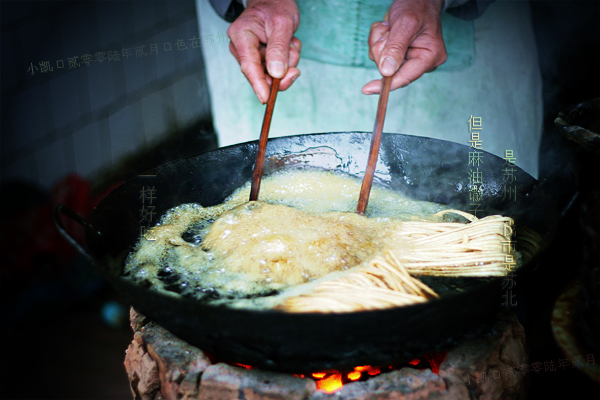KUALA LUMPUR: Felda Global Ventures Holdings Bhd (FGV) is buying a 37 per cent stake in Indonesia's PT Eagle High Plantations Tbk from Rajawali Group for around US$745 million via cash and shares.
In its filing to Bursa Malaysia, FGV said in the first tranche, it plans to pay US$631.5 million (or RM2.3 billion) to buy a 30 per cent while the remaining 7 per cent stake will be settled via the issuance of new shares amounting to US$47 million.
Eagle High has landbank amounting to 419,006ha, of which 147,000ha are already planted.
FGV, which is among the world’s largest crude palm oil producer commanding some 7 per cent market share, will also buy 95 per cent of Rajawali Group's sugar cane estates and milling business for US$66.5 million.
FGV will pay US$174.5 million (or RM653.6 million) as a deposit or down payment for the proposed acquisitions which was forged in Jakarta yesterday.
PT Eagle High, which is listed on Jakarta stock exchange, is 65.5 per cent owned by PT Rajawali Corp which in turn is the investment vehicle of Peter Sondakh.
According to Forbes, Sondakh has a net worth of US$2.3 billion and is among Indonesia's Top 10 richest man.
The Rajawali Group's economic contribution stretches across telecommunications, hotels, cement, consumer goods, retail, department stores and transport in Indonesia.
Cash-rich FGV has been on the acquisition trail since its listing on Bursa Malaysia in June 2012.
Among the major acquisitions are the takeover of Pontian United Plantations Bhd for RM1.2 billion and Asia Plantation Ltd for RM628 million.
It also spent RM2.2 billion to buy the remaining 51 per cent stake in Felda Holdings Bhd from its substantial shareholder Koperasi Permodalan Felda Malaysia Bhd in October 2013. Felda Holdings owns the upstream assets.
FGV's latest purchase is 836.1ha of oil palm land from Golden Land Bhd for RM655 million cash.
In its filing to Bursa Malaysia, FGV said in the first tranche, it plans to pay US$631.5 million (or RM2.3 billion) to buy a 30 per cent while the remaining 7 per cent stake will be settled via the issuance of new shares amounting to US$47 million.
Eagle High has landbank amounting to 419,006ha, of which 147,000ha are already planted.
FGV, which is among the world’s largest crude palm oil producer commanding some 7 per cent market share, will also buy 95 per cent of Rajawali Group's sugar cane estates and milling business for US$66.5 million.
FGV will pay US$174.5 million (or RM653.6 million) as a deposit or down payment for the proposed acquisitions which was forged in Jakarta yesterday.
PT Eagle High, which is listed on Jakarta stock exchange, is 65.5 per cent owned by PT Rajawali Corp which in turn is the investment vehicle of Peter Sondakh.
According to Forbes, Sondakh has a net worth of US$2.3 billion and is among Indonesia's Top 10 richest man.
The Rajawali Group's economic contribution stretches across telecommunications, hotels, cement, consumer goods, retail, department stores and transport in Indonesia.
Cash-rich FGV has been on the acquisition trail since its listing on Bursa Malaysia in June 2012.
Among the major acquisitions are the takeover of Pontian United Plantations Bhd for RM1.2 billion and Asia Plantation Ltd for RM628 million.
It also spent RM2.2 billion to buy the remaining 51 per cent stake in Felda Holdings Bhd from its substantial shareholder Koperasi Permodalan Felda Malaysia Bhd in October 2013. Felda Holdings owns the upstream assets.
FGV's latest purchase is 836.1ha of oil palm land from Golden Land Bhd for RM655 million cash.






















